This morning, November 25, continuing the 10th Session, the National Assembly discussed in groups the draft Law on Specialized Courts at the International Financial Center; investment policy for the National Target Program on Modernization and Improvement of Education and Training Quality for the 2026-2035 period and investment policy for the National Target Program on Health Care, Population and Development for the 2026-2035 period.
The success of the Program depends largely on the implementation organization from the central to local levels.
Discussing at Group 11 (including the National Assembly Delegations of Can Tho City and Dien Bien Province), National Assembly Chairman Tran Thanh Man said that at this Session, the National Assembly paid great attention to the field of education and training. In particular, the National Assembly discussed 3 draft laws in the field of education and 1 draft resolution on a number of specific mechanisms and policies to make breakthroughs in education and training development. The investment policy for the National Target Program on modernization and improvement of education and training quality for the 2026-2035 period is the 5th content in the field of education and training. All are aimed at developing the field of education and training, which has always been identified as a top national policy, along with science and technology in the new era.
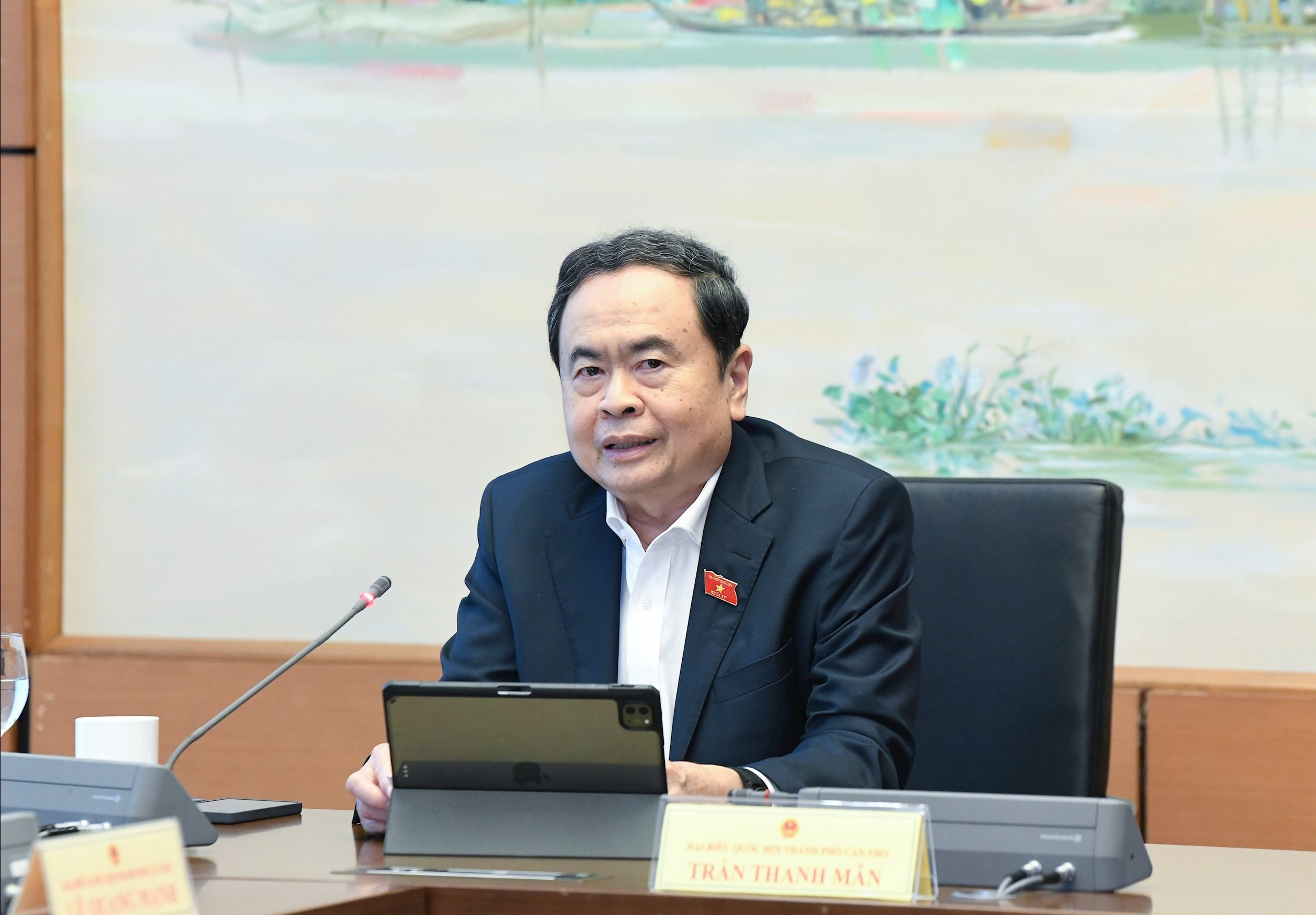
The National Assembly Chairman said that in recent times, the National Assembly has very quickly institutionalized the Party's Resolutions. The investment policy of the National Target Program on Modernization and Improvement of Education and Training Quality for the 2026-2035 period also aims at this goal.
Affirming that the National Target Program on modernization and improvement of education and training quality is a strategic task, requiring large investments in resources and time, the National Assembly Chairman said that the ultimate goal is to improve the quality of comprehensive education, especially the quality of teachers and managers. Therefore, the Program needs to have a long-term vision, forecasting the development trends of society and the labor market in the future.
It is said that recently, the National Assembly Standing Committee met and discussed this Program very carefully. The National Assembly Chairman also emphasized that the Program must clearly define the focus and scope, avoid spreading, have a focus and key points, and boldly socialize what can be socialized. We should only focus on solving core, urgent, and breakthrough issues of the education sector.
According to the National Assembly Chairman, education and training in the new period is strongly affected by the 4.0 industrial revolution, especially the explosion of artificial intelligence (AI) and the increasing demand for high-quality human resources.
"Therefore, educational innovation solutions cannot stop at "good teaching - good learning" in the traditional way, but need a revolution in thinking and tools." Emphasizing this, the National Assembly Chairman also pointed out that, first of all, it is necessary to shift from the goal of imparting knowledge to developing problem-solving capacity. The role of teachers also needs to shift from knowledge transmitters to instructors and inspirers. The classroom space is no longer limited to "four walls", but must be expanded to learning anytime, anywhere. Student assessment also needs to shift from test scores to assessment of learning processes and products.
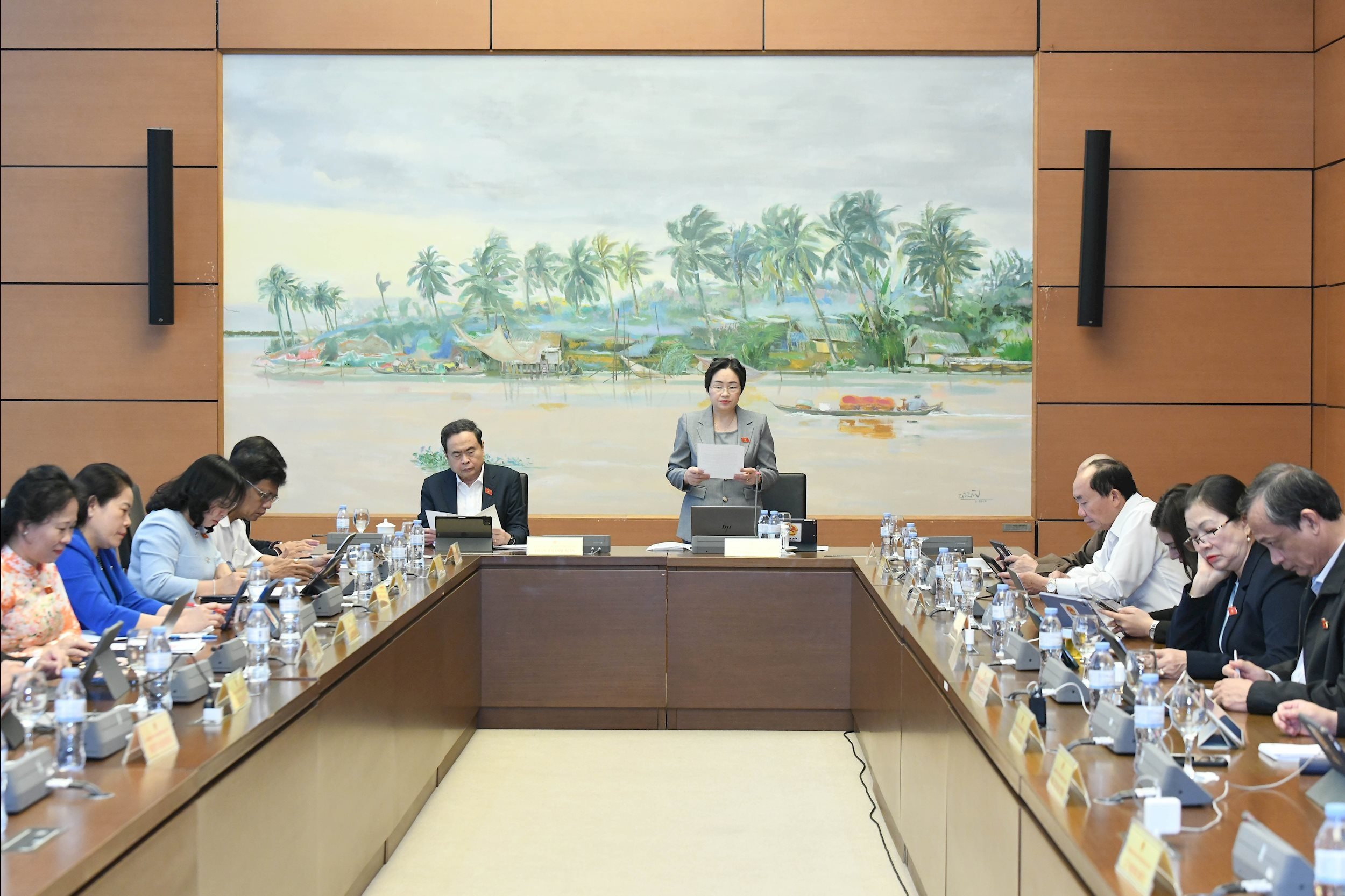
"The focus should be on digital transformation, high-quality vocational training, and education in remote and isolated areas with corresponding solutions and funding sources. This is also the reason why the Politburo, the Secretariat and General Secretary To Lam have directed the construction of 280 boarding schools for ethnic minority and mountainous areas," the National Assembly Chairman stated.
Agreeing with the opinions of the delegates at the discussion session, the National Assembly Chairman stated that the program must ensure resources, financial mechanisms, and strengthen management, inspection and supervision. It is necessary to thoroughly overcome the situation of little money, complicated disbursement procedures, slow disbursement, dispersion, and fragmentation; construction must ensure no loss or negativity.
Another important requirement noted by the National Assembly Chairman is that the capital allocation mechanism must be flexible, creating conditions for localities to proactively adjust to practical conditions, in the spirit: locality decides, locality does, locality is responsible, the Central Government creates and supervises. The National Assembly Chairman also said that recently, the National Assembly has performed its role very properly: the National Assembly decides on policies; the Government, ministries and localities are responsible for allocating capital and organizing implementation. Over the past year, the National Assembly has allocated capital according to the total level for the Government to allocate to ministries, ministries to allocate to localities and localities must take responsibility for the implementation process.
The National Assembly Chairman also suggested that there must be a clear decentralization of authority, management and operational responsibilities between the central and local levels, between the Ministry of Education and Training and relevant ministries and branches. It is impossible to "take on the work", but it is also impossible to "assign and then let go". Delegation of authority must go hand in hand with supervision and inspection. For example, when the National Assembly issues laws, it must monitor whether the Government issues decrees and circulars in a timely manner and in accordance with the spirit of the law. When assigning tasks, there must be an effective inspection and supervision mechanism.
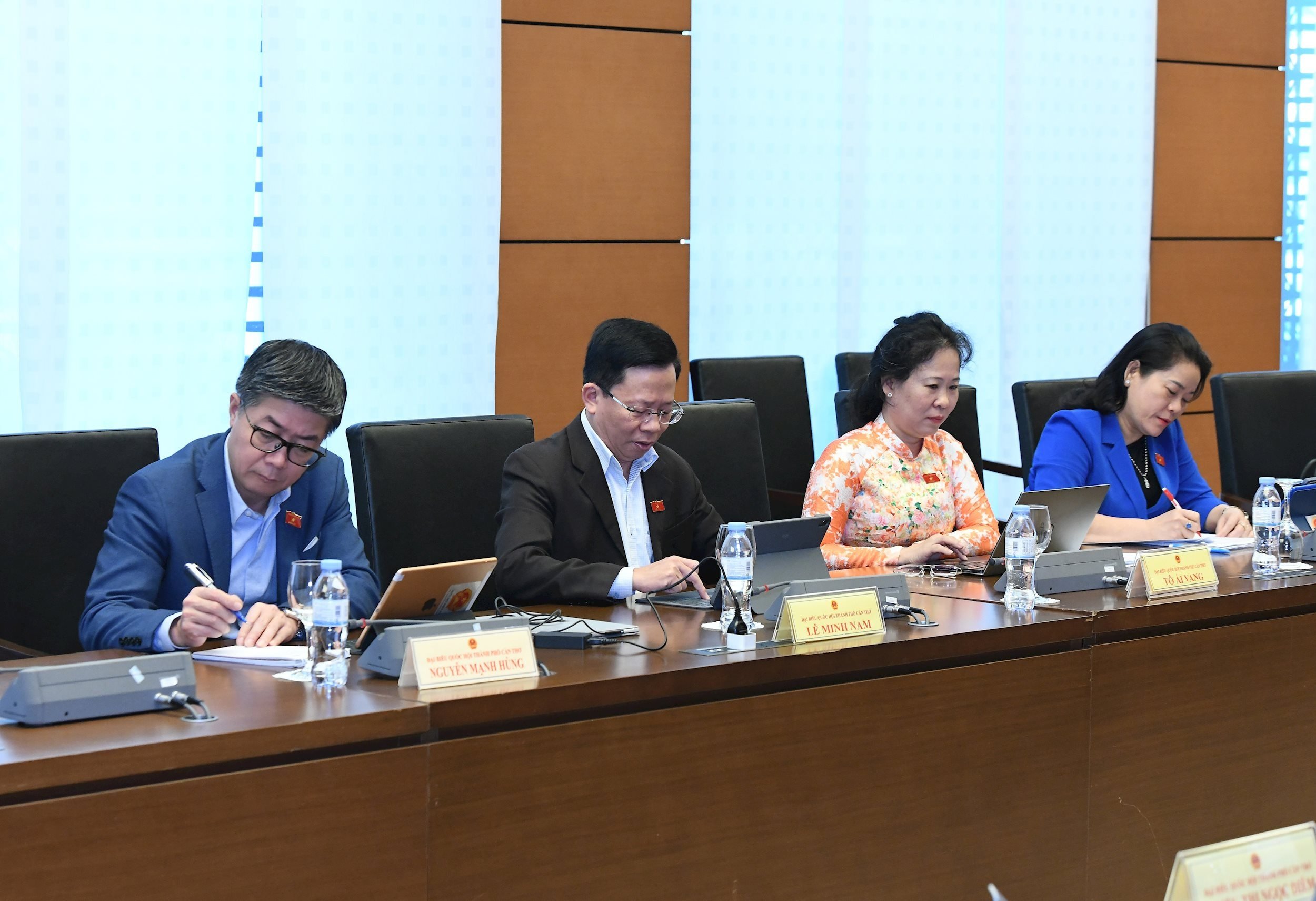
At the Tenth Session, the National Assembly will consider and pass the Law on Planning (amended) and adjust the National Master Plan for the 2021-2030 period, with a vision to 2050. Therefore, the contents of the Program must also ensure consistency with the national master plan and relevant legal systems.
Considering that the effectiveness of the National Target Program on Modernization and Improvement of Education and Training Quality for the 2026-2035 period depends largely on the organization and implementation from the central to local levels, the National Assembly Chairman emphasized that "we must act decisively, resolutely, and resolutely - but more importantly, we must be determined to do, have products, and have specific results; if we are only determined in words but have no one to implement them, the program will find it difficult to achieve its goals."
Any content that is not feasible should be boldly cut.
Regarding the Investment Policy of the National Target Program on Health Care, Population and Development for the 2026 - 2035 period, National Assembly Chairman Tran Thanh Man affirmed that this is also a very important program, clearly demonstrating the views and policies of the Party and State on the position and role of the work of protecting and taking care of people's health and population work.
According to the National Assembly Chairman, although this program requires resources, many solutions that do not necessarily cost a lot of money can still be implemented effectively. For example, building a “herbal medicine garden” and a family medicine cabinet – models that were very popular in the past to treat common diseases at home without always having to go to a medical facility. The National Assembly Chairman said that “prevention is better than cure” is a very correct viewpoint and needs to be widely replicated to raise awareness of disease prevention in the community.
The National Assembly Chairman also pointed out that public health care is a comprehensive problem that requires macro policies, technical infrastructure, human resources, and community awareness. The General Secretary said that by 2026, every citizen will have a periodic health check-up at least once a year.
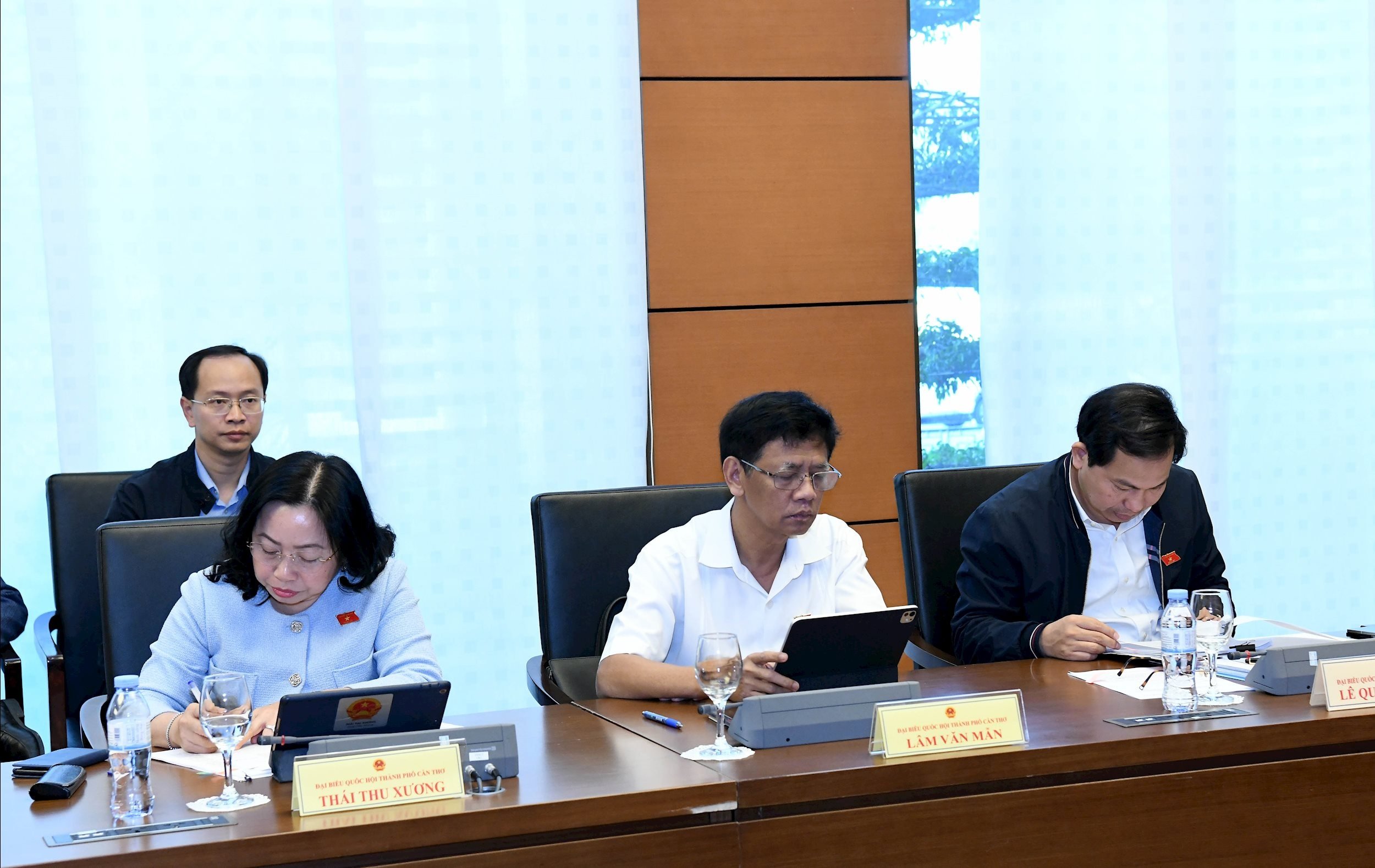
The Standing Committee of the National Assembly has met and given detailed comments, the drafting agency has also absorbed many important contents for this Program, the National Assembly Chairman also raised a number of specific issues that need to be further studied and perfected.
Accordingly, first of all, we must strengthen and innovate grassroots healthcare, because this is the most important foundation. It is necessary to improve the capacity of commune and ward health stations; equip basic diagnostic equipment such as ultrasound, rapid testing, and a list of essential drugs so that people can feel secure in receiving medical examination and treatment right at the grassroots level, without having to rush to the provincial and central levels.
Recalling the important decision of the National Assembly to allow the connection of medical examination and treatment with health insurance, the National Assembly Chairman stated that, in reality, "achieving this result is also extremely difficult. If we are not determined and strong, it will be difficult to resolve the obstacles that have lasted for many years."
Second, we must promote preventive medicine and improve public health. “Prevention is better than cure” must be considered a core principle to reduce the burden of disease, including non-communicable disease control, expanded immunization, education on healthy lifestyles and environmental protection.
In addition to technology and digital transformation, the National Assembly Chairman said that breakthroughs and development of human resources for health care are key factors, because people determine the quality of health care services. This includes training, technology transfer, preferential policies, improving medical ethics, and financial and insurance solutions so that everyone can afford health care.
"The appropriate solution is to operate a "pyramid" model. Accordingly, the bottom of the pyramid must be a solid preventive and primary health care system that covers the people. The body of the pyramid is specialized health care, supported by modern technology. The top of the pyramid is a sustainable policy and financial system. If the bottom of the pyramid is weak, no matter how much is shouted at the top, the system still cannot operate effectively," the National Assembly Chairman emphasized.
In addition, the National Assembly Chairman also requested that the objectives and solutions of the Program must ensure feasibility and be consistent with reality. Any content that is not feasible must be boldly cut. In particular, after switching to a two-level local government model, the objectives, tasks, and solutions of each sub-project must be consistent with the general objectives, specific objectives, and evaluation index system.
Note that a Program that has been approved and then "let go" is very difficult to achieve efficiency. The National Assembly Chairman requested regular inspection and supervision. Immediately after the National Assembly approves the investment policy, it is necessary to promptly issue guiding documents, clearly decentralize, organize implementation and allocate capital promptly.
According to the National Assembly Chairman, this is also the biggest "bottleneck" for a long time: the National Assembly discusses carefully, the National Assembly Chairman signs the Resolution, but if there is a lack of implementation instructions or unclear assignment, the Program will be slow to implement. In reality, through the preliminary and final reviews of the resolution, the weakest link is still the implementation organization: who does it, when, how, and what the results are must be specifically regulated and have a regular inspection mechanism.
According to the National Assembly Chairman, the National Target Program on modernization and improvement of education and training quality for the 2026-2035 period; the National Target Program on health care, population and development for the 2026-2035 period are directly linked to people's lives, and if implemented well, "people know, people discuss, people check, people benefit" will be clearly demonstrated.
Resources must be prioritized for disadvantaged localities where investment is needed to achieve goals.
Also related to the issue of organizing the implementation of national target programs, Secretary General of the National Assembly, Head of the National Assembly Office Le Quang Manh (National Assembly member of Can Tho city) said that recently, many problems in the use of career capital and public investment capital have been identified and gradually resolved. The National Assembly has amended the State Budget Law, allowing the transfer of capital sources for national target programs to the following year in case of slow capital allocation and difficult disbursement - this is an important step, different from the normal career capital mechanism.
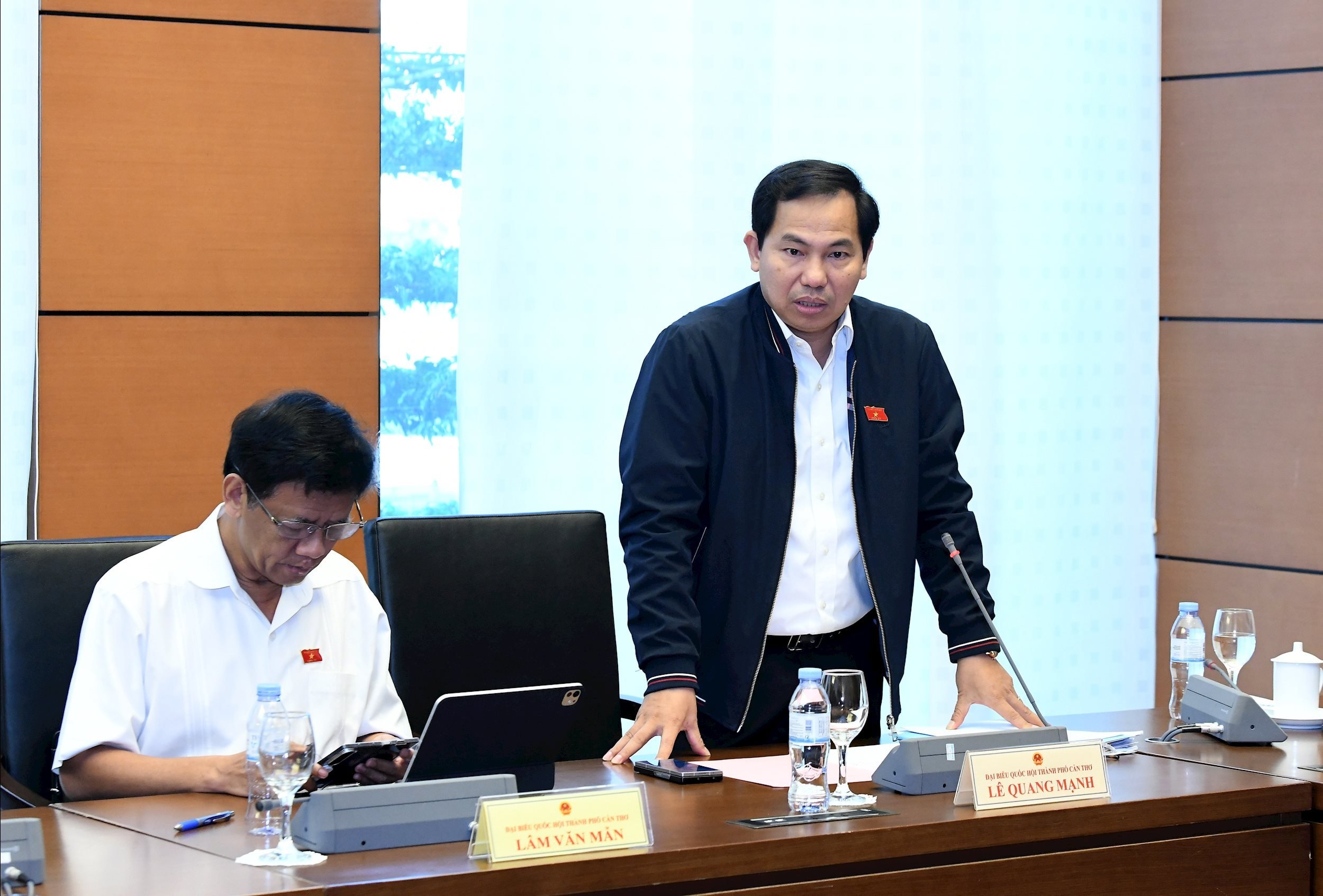
However, the Secretary General of the National Assembly and Head of the National Assembly Office also pointed out that this is only part of the problem. The underlying cause is that the Program design is still based on the model of ministries and branches, each ministry builds the Program according to its own functions, so it is easy to have overlapping goals and lack of unity when implementing to the grassroots level. Meanwhile, the final implementation takes place at the commune level, where the apparatus is limited in human resources and cannot handle too many Programs at the same time.
Therefore, the Secretary General of the National Assembly and Head of the National Assembly Office expressed "strong agreement with the proposal in the submitted documents: the next phase must be implemented uniformly, with four major requirements".
First, there needs to be a unified focal point at the local level. Although the central government may have many ministries participating, the local government must have a focal point to coordinate, implement and take responsibility throughout.
Second, a unified framework of norms, targets and mechanisms is needed. Criteria, indicators, norms and legal corridors must be synchronized between programs to avoid overlap when implemented at the grassroots level.
Third, there needs to be unity in capital use. Public investment capital is now easier to spend because of clear norms; while career capital, especially for national target programs, is very difficult to disburse when transferred to activities supporting livelihoods and generating income for people. Many localities cannot do this because it requires scientific calculation and close adherence to the people. "Therefore, the most important thing is to be unified according to the target, while accounting according to public investment or career expenditure is just a tool to achieve the target," emphasized the Secretary General of the National Assembly and Head of the National Assembly Office.
Accordingly, there needs to be specific guidance from budget preparation, budget protection to flexible capital use, as long as the target is achieved and the total budget is complied with. This is also the spirit of the Central Executive Committee: The Central Government provides the framework and creates the source; the locality decides, organizes the implementation and takes responsibility. If the ministries and branches continue to deeply intervene and allocate details of each project at the locality, we will return to the same problems as in the previous period.
Fourth, regarding the allocation principle, the Secretary General of the National Assembly and Head of the National Assembly Office pointed out that it is necessary to ensure efficiency, not “divide equally”. Resources must be prioritized for disadvantaged localities, where investment is needed to achieve the target. Some localities such as Hanoi or Ho Chi Minh City have enough resources, even surplus to support other places, the way of allocation to localities is not appropriate.
Source: https://daibieunhandan.vn/chu-tich-quoc-hoi-tran-thanh-man-khan-truong-ban-hanh-van-ban-huong-dan-phan-cap-ro-rang-to-chuc-thuc-dien-va-bo-tri-von-kip-thoi-10397021.html



![[Photo] Close-up of heavy damage at the school located on the banks of the Ban Thach River](/_next/image?url=https%3A%2F%2Fvphoto.vietnam.vn%2Fthumb%2F1200x675%2Fvietnam%2Fresource%2FIMAGE%2F2025%2F11%2F26%2F1764152130492_ndo_bl_img-8188-8805-jpg.webp&w=3840&q=75)
![[Photo] VinUni students' emotions are sublimated with "Homeland in the Heart: The Concert Film"](/_next/image?url=https%3A%2F%2Fvphoto.vietnam.vn%2Fthumb%2F1200x675%2Fvietnam%2Fresource%2FIMAGE%2F2025%2F11%2F26%2F1764174931822_10-3878-jpg.webp&w=3840&q=75)











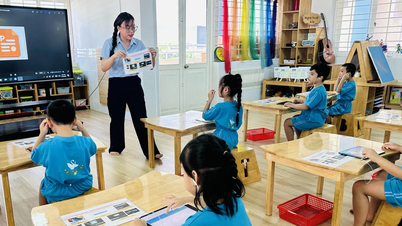



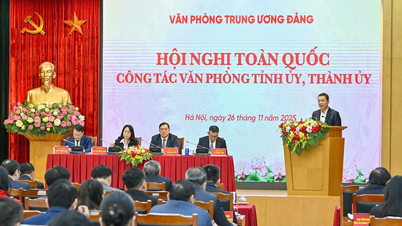


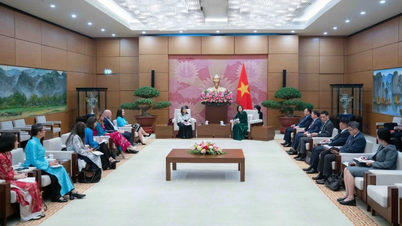








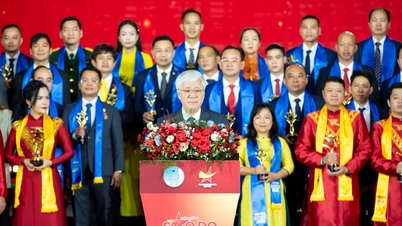




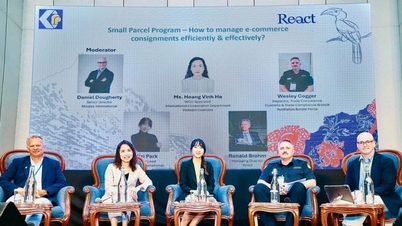














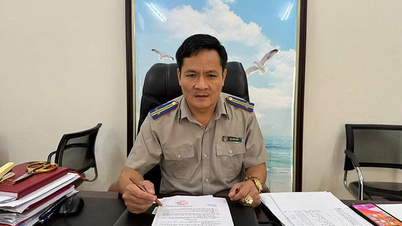







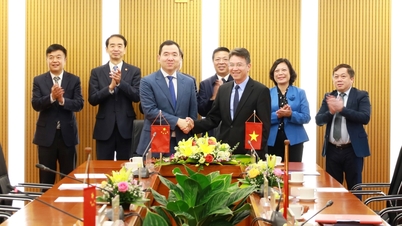




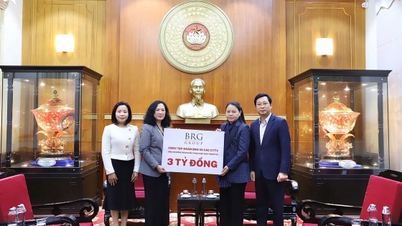










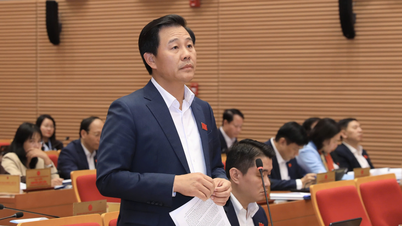
![[Photo] Opening of the 28th Session of the Hanoi People's Council](https://vphoto.vietnam.vn/thumb/402x226/vietnam/resource/IMAGE/2025/11/26/1764155991133_image.jpeg)




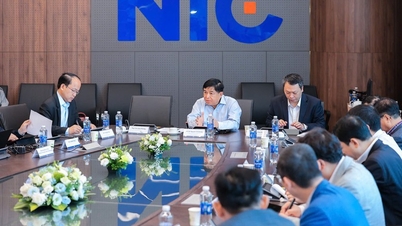



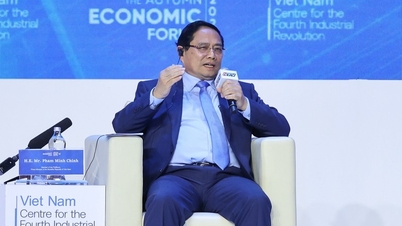
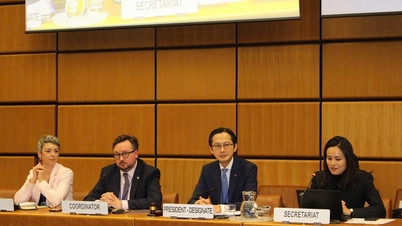




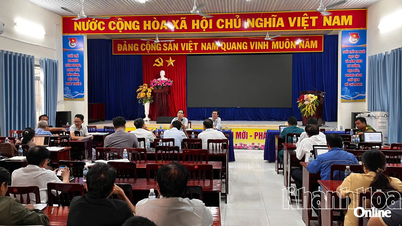
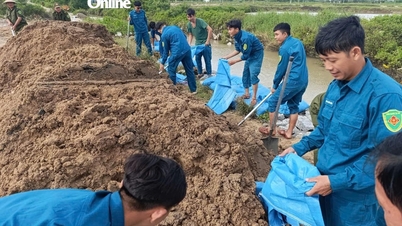











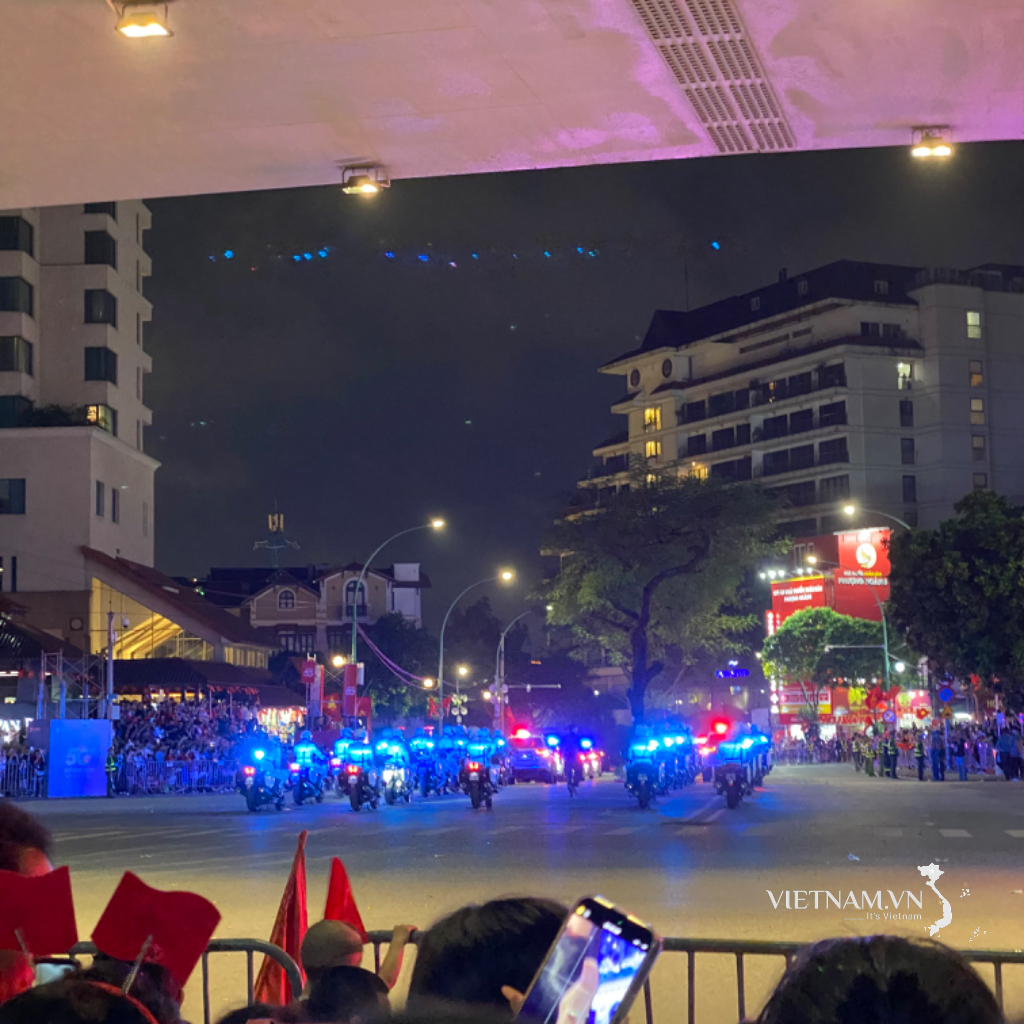


Comment (0)